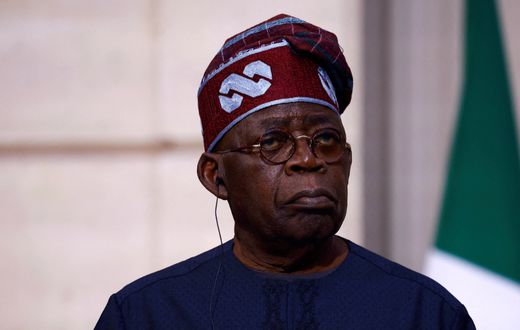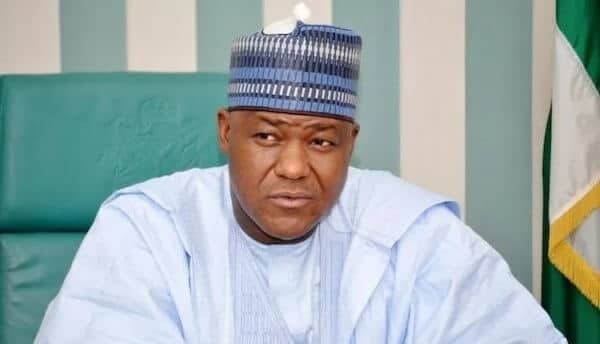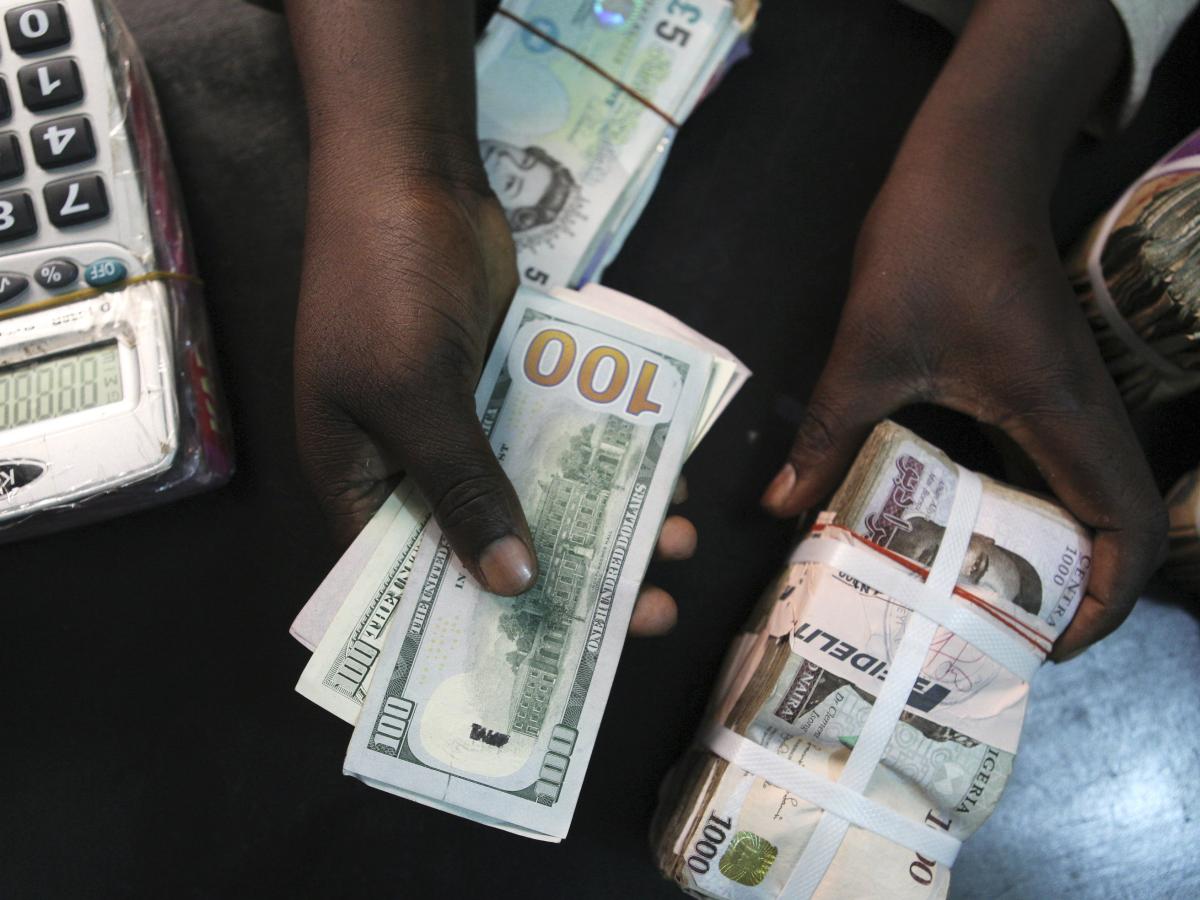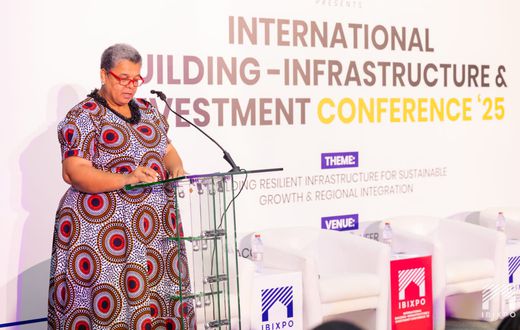Fresh calls for decisive federal action in Zamfara State are stirring national debate, as the civic advocacy coalition known as the Situation Room on Monitoring the War Against Banditry urges President Bola Tinubu to suspend federal allocations to the state and weigh declaring a state of emergency. The group’s demand comes in the wake of troubling allegations that Governor Dauda Lawal is linked to powerful bandit leaders—a charge that has refocused attention on Nigeria’s persistent banditry crisis and the effectiveness of state leadership in the troubled North-West.
The Allegations: “Feeding Bandits from Government House?”
At a press briefing held in Abuja, the Situation Room’s convener, Patriot Henry Abba, aired serious claims concerning Governor Lawal’s relationship with suspected criminals. Abba referenced a widely circulated video allegedly showing Governor Lawal acknowledging awareness of known bandit hideouts yet doing little to mobilize a robust response. According to the group, this inaction is tantamount to “feeding bandits right from Government House”—an accusation that, if proven, raises worrying questions about political will and complicity at the highest level.
Security Crisis and Community Impact
Abba’s address struck a somber note, labeling the situation “shocking” and “a catastrophic NOWAHALAZONE failure,” referencing a perceived breach of public trust and responsibility. The group claims that Governor Lawal’s decision not to share intelligence about bandit operations with security agencies has worsened insecurity in Zamfara—a state already battered by years of kidnappings, raids, and forced displacements.
According to local sources and recent media coverage, kidnappings have become a tragic routine for many communities in Zamfara. Displacement numbers are high, market days are disrupted, and residents are forced to live in fear. Reports alleging that over N3 billion is spent monthly on security in Zamfara only deepen concerns about how such resources are managed and what tangible results are achieved on the ground.
Government and Grassroots Distrust
Beyond allegations against the governor, the Situation Room expressed alarm over the reported misuse of local government funds. According to Abba, monies intended for grassroots development are being diverted, leaving rural communities to grapple with extreme hardship. He stated that local government chairmen are “holed up in the state capital,” Gusau, with little presence in their constituencies—an arrangement the group calls “utterly irresponsible.”
The loss of direct leadership and the perceived absence of effective governance at both state and local levels, many observers say, has opened the door for banditry to thrive. Villagers complain of having no reliable authority to turn to during attacks, as those tasked with protection and service delivery remain removed from the realities on the ground.
Video Controversy: Plea for Help or Admission of Guilt?
A flashpoint of the controversy centers around the aforementioned video, which Abba insists is not a plea for federal intervention but rather a “confession” that the governor possesses actionable intelligence yet has failed to act on it. This stance disputes narratives that frame Lawal’s statements as appeals for help and instead portrays them as evidence of a damaging complacency, if not outright complicity.
Observers from within Zamfara and the broader North-West have called for a thorough review of the available evidence, with many citizens demanding transparency and accountability at all levels of government.
Demands for Investigation and Oversight
In response to the unfolding situation, the Situation Room is advocating for a multi-agency investigation into the alleged misuse of security funds and unexplained links to criminal elements. It proposes that the Economic and Financial Crimes Commission (EFCC), Department of State Services (DSS), and the Office of the National Security Adviser take part in a coordinated probe. The group also encourages the National Assembly to summon Governor Lawal, signaling that the crisis requires urgent and high-level scrutiny.
Abba concluded his appeal by stating that if Governor Lawal is indeed found complicit following due process, President Tinubu “must urgently contemplate emergency rule in Zamfara.” This would suspend democratic structures in the state, bringing direct federal intervention—an extreme measure only considered under severe security threats.
Local and Regional Implications
The current tension in Zamfara does not exist in isolation. Banditry and hybrid criminal gangs remain a persistent challenge for northwestern Nigeria and neighboring regions, affecting trade routes, food security, and social stability. Ghanaian and West African policymakers are watching closely, recognizing that instability in one country can quickly spill over across borders—especially when it undermines hopes for increased regional security cooperation.
Local leaders, security experts, and community voices continue to stress the urgent need for coordinated action: reducing corruption, boosting security capacity, supporting displaced persons, and restoring public confidence in governance. Without genuine reform, analysts warn, the human and economic cost of the crisis will likely intensify and spread.
What’s Next for Zamfara?
The allegations made by the Situation Room have rekindled longstanding debates about state security, governance, and the use—and misuse—of public funds. Calls for an independent investigation are echoed by many in civil society who demand justice not just for Zamfara, but for other regions facing similar threats.
As the federal government weighs its next move, many Nigerians wonder if this moment will mark a turning point in the fight against banditry—or simply fade into the long list of unheeded warnings and lost opportunities. The stakes could not be higher for the people living under daily threat and for the country’s credibility in protecting its citizens.
Join the Conversation
How do you think federal and state leaders should address the crisis in Zamfara? Should emergency rule be considered, or is another approach better suited to restore security and public trust? Share your thoughts below and stay tuned for updates as this story evolves in the coming weeks.
Got insider info, a tip on this story, or a unique local perspective to share? We want to hear from you! You can have your story featured or discuss story sales by reaching out to our newsroom at story@nowahalazone.com.
For general inquiries or support, contact us at support@nowahalazone.com.
Keep up with breaking news and community reactions on our social media: Facebook, X (Twitter), and Instagram.
What’s your view on the Zamfara situation? Drop a comment, share your opinion, and let’s engage as a community. Your voice matters!










